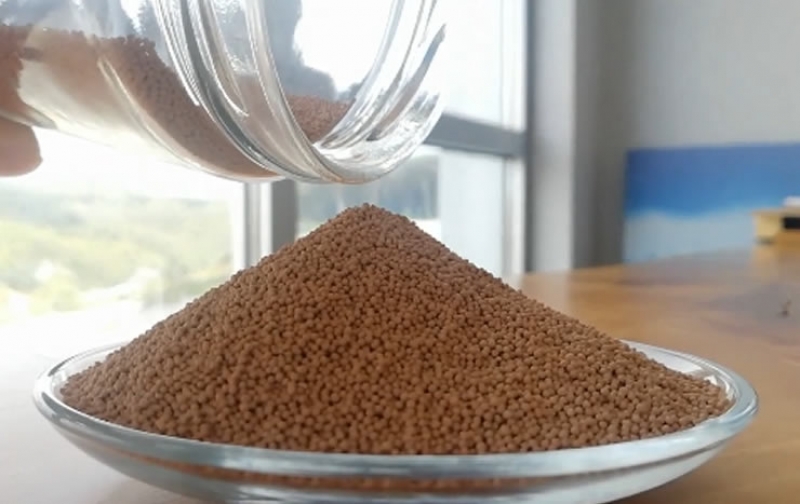Dehydrating ethanol and other solvents is an important process in various industries, such as pharmaceuticals, chemical manufacturing, and oil and gas. In order to achieve high-quality and pure solvents, it is essential to use a reliable adsorbent material that can effectively remove any impurities or water.

This is where molecular sieves come in. Molecular sieves are a type of adsorbent material that have the ability to selectively adsorb molecules based on their size and polarity. They are commonly used for adsorbing water, hydrocarbons, and other organic molecules from various solvents.
There are different types of molecular sieves available, including 3A, 4A, 5A, 13X, and carbon molecular sieves. Each type of sieve has a different structure and pore size, which determines its adsorption capacity and selectivity. For example, 3A molecular sieves have a pore size of approximately 3 Angstroms, which allows them to selectively adsorb water molecules from solvents. Similarly, 4A molecular sieves can adsorb larger molecules, such as methanol and ethanol.
Carbon molecular sieves (CMS) are a special type of molecular sieve that have a higher selectivity for carbon dioxide, methane, and other small molecules. They are typically used in gas separation processes, such as separating hydrogen from methane or carbon dioxide from natural gas. However, CMS can also be used for dehydrating ethanol and other solvents.
CMS have a unique structure that consists of micropores and mesopores. The micropores have a size ranging from 0.3 to 2 nanometers, while the mesopores have a size ranging from 2 to 50 nanometers. This structure allows CMS to selectively adsorb small molecules, such as water and carbon dioxide, while excluding larger molecules.
In the process of dehydrating ethanol, CMS can be used as an adsorbent material in a fixed-bed adsorption system. The ethanol is passed through the bed of CMS beads or pellets, where the water molecules are selectively adsorbed by the CMS. This process can be carried out at ambient temperature and pressure, making it a cost-effective and efficient way to remove water from ethanol.
Overall, molecular sieves, particularly carbon molecular sieves, are an essential component of many industrial processes, including the dehydrating of ethanol and other solvents. By using a reliable and high-quality adsorbent material like CMS, industries can achieve high-purity solvents that meet their specific needs and requirements.